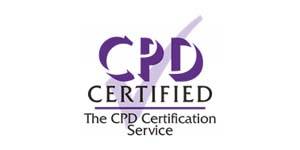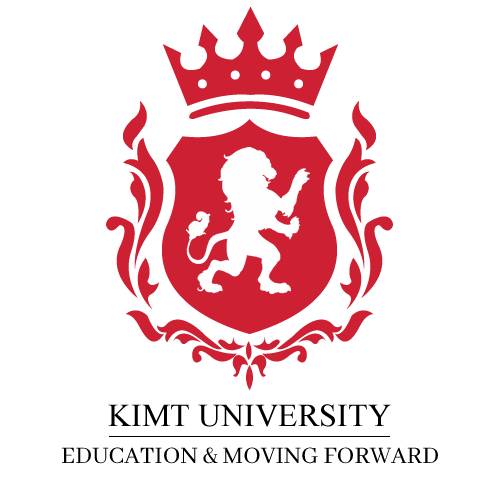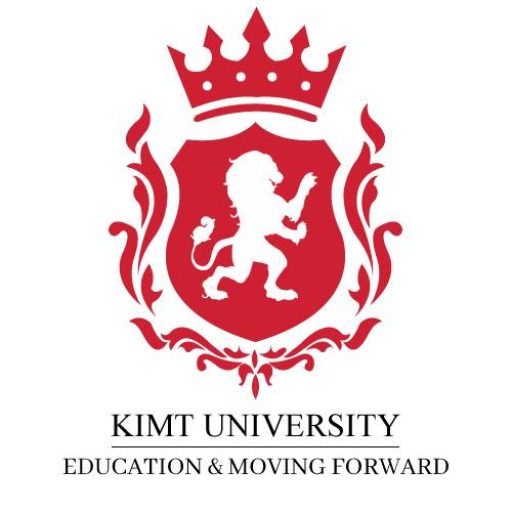
Entry Requirements
Bachelor or equivalent
Study Mode
Online
Duration
1 year (Regular)/6 months (Fast track)
Timetable
Various
Key Features & Benefits
- Comprehensive Curriculum:Covers advanced topics in smart manufacturing, automation, AI, IoT, and sustainable production.
- Global Standards:Aligned with international frameworks and best practices in smart manufacturing.
- Practical Application:Emphasizes real-world projects, case studies, and simulations to enhance practical skills.
- Research-Oriented Approach:Includes a 24-credit thesis project to develop advanced research and analytical skills.
- Industry-Relevant Focus:Prepares students for leadership roles in research, development, and innovation in smart manufacturing.
- Flexible Learning:100% online format designed for working professionals.
The Master of Science in Smart Manufacturing (MSc in Smart Manufacturing) program, conducted and awarded by KIMT University, is designed to equip students with advanced knowledge and research skills in smart manufacturing technologies, industrial automation, digital transformation, and sustainable production systems. The program integrates Industry 4.0 principles, including IoT, AI-driven automation, cyber-physical systems, robotics, and data-driven manufacturing processes, to optimize production efficiency and enhance competitiveness in modern industries.
Graduates of the MSc in Smart Manufacturing program will be prepared for leadership roles in manufacturing innovation, industrial R&D, process optimization, and academia..
Upon successful completion of the program, graduates will be able to:
- Design and implement advanced manufacturing systems using smart technologies.
- Conduct independent research to address challenges in smart manufacturing.
- Apply AI and machine learning techniques to optimize manufacturing processes.
- Develop and deploy digital twins for predictive maintenance and process optimization.
- Lead and manage smart manufacturing projects efficiently and effectively.
- Communicate technical solutions and research findings effectively to diverse stakeholders.
- Foster a culture of innovation and continuous improvement in manufacturing environments.
- Applicants must hold a bachelor’s degree in engineering, computer science, manufacturing, or a related field.
- Relevant professional experience in manufacturing, automation, or a related area (preferred but not mandatory).
- Applicants with a Postgraduate Diploma or equivalent (Level 7 at RQF Level) in a related field may be considered for advanced standing under the Recognition of Prior Learning (RPL) policy. Such applicants must have completed a minimum of 60 credits at an advanced level and provide supporting documentation.
The MSc in Smart Manufacturing program consists of 90 credits, divided into core courses and a thesis. Each course is worth 6 credits, while the thesis accounts for 24 credits. The course structure is as follows:
Summary of Courses:
- Core Courses:11 courses (66 credits)
- Capstone Thesis:1 project (24 credits)
What you will Study:
- Fundamentals of Smart Manufacturing and Industry 4.0
- Advanced Robotics and Automation in Manufacturing
- Internet of Things (IoT) for Smart Factories
- Artificial Intelligence and Machine Learning in Manufacturing
- Digital Twin Technology and Cyber-Physical Systems
- Lean Manufacturing and Continuous Improvement
- Big Data Analytics and Decision Support in Manufacturing
- Additive Manufacturing and Advanced Materials
- Cloud Computing and Edge Computing for Manufacturing
- Smart Supply Chain and Logistics Management
- Energy-Efficient and Sustainable Manufacturing Practices
- Research Methods in Smart Manufacturing
- Ethics, Cybersecurity, and Risk Management in Industry 4.0
- Research Thesis in Smart Manufacturing
To successfully complete the MSc in Smart Manufacturing, students are expected to:
- Dedicate approximately 15-20 hours per weekto coursework, including readings, assignments, and discussions.
- Actively participate in online forums, webinars, and collaborative projects.
- Complete all assignments, exams, and the capstone project within the stipulated deadlines.
- Maintain regular communication with faculty and peers to enhance learning outcomes.
- Exhibit strong self-discipline and time-management skills to balance studies with other commitments.
- 80% Assignments:Includes research papers, case studies, and project reports.
- 20% Presentation and Viva:Oral defense of research projects and findings.
- Thesis Submission:At the end of the program, each student submits a research project paper.
All of the following items must be submitted on or before the application closing date. They may be submitted online:
- CV (maximum 2 pages).
- Passport-size photograph.
- Personal Statement (350–400 words):The statement should focus on the applicant’s interest in smart manufacturing, how the program will impact their career, and how they plan to balance work, life, and study commitments.
- Copies of bachelor’s certificate (or equivalent) or postgraduate diploma/degree parchments, as well as transcripts of associated results.
Students apply to the KIMT online application system. To apply, simply click on and follow the instructions. A non-refundable application fee applies. The application fee is paid online. Further information about applications, contact at admissions@kimtuniversity.com
Request a Follow-Up
Career Opportunities
Graduates of this program will be prepared for leadership and specialist roles in areas such as:
- Research and Development(R&D Engineer, Research Scientist)
- Automation and Robotics(Automation Engineer, Robotics Specialist)
- Data Analytics and Process Optimization(Data Analyst, Process Engineer)
- Sustainable Manufacturing(Sustainability Manager, Environmental Engineer)
- Consulting and Strategy(Manufacturing Consultant, Technology Strategist)
- Academia and Teaching(University Lecturer, Researcher)
- Innovation and Entrepreneurship(Tech Startup Founder, Product Manager)
The Master of Science in Smart Manufacturing (MSc Smart Manufacturing) program at KIMT University is designed to meet the highest academic and industry standards, preparing graduates to lead innovation, optimize manufacturing processes, and drive advancements in the field of smart manufacturing.
The program is accredited by



